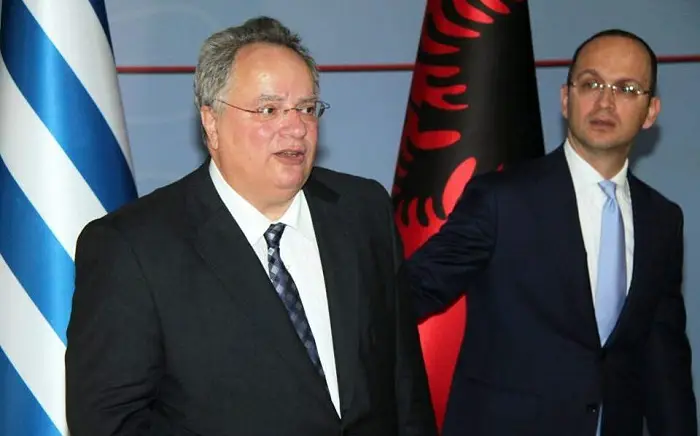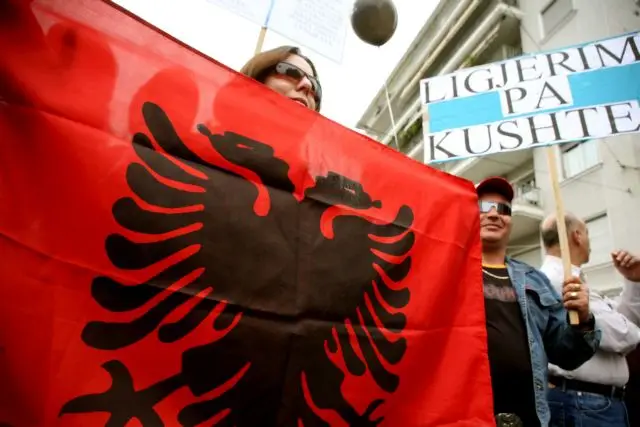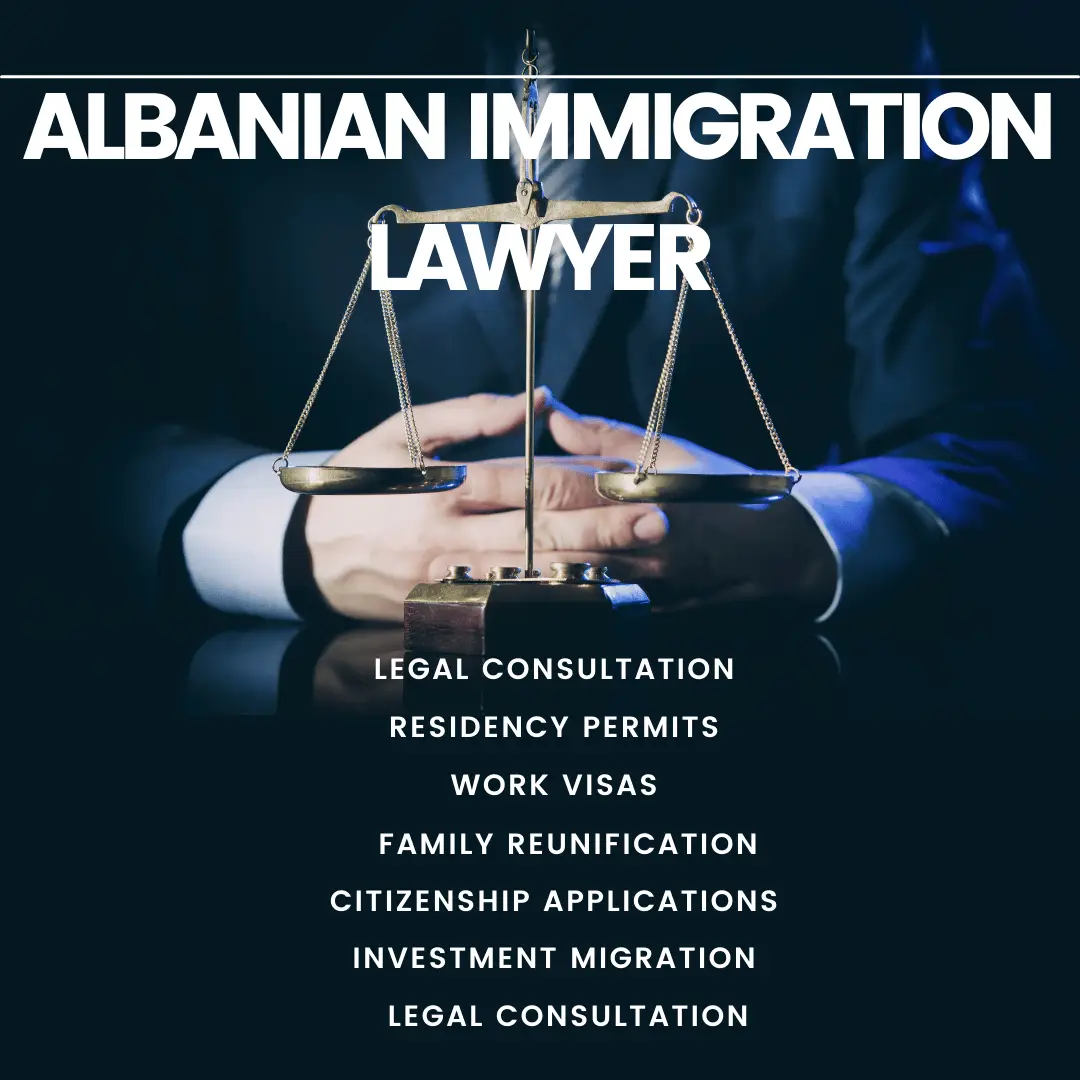Altin Meshini is a thriving organic cheese producer in Permet in southern Albania. His dairy shop is a natural tourist attraction: Housed in a large bunker built by Mussolini’s fascist Italy in 1939, Italian soldiers used it during the Greco-Italian War of 1940–41 to shell the trenches of the Greek Army.
At the time, Albania was occupied by Italy. After the Greek Army pushed the Italians back into Albania, bloody battles raged around Permet—the decline in Greece-Albanian relations.
According to the Greek Embassy in Tirana, about 8,000 Greek soldiers fell in Albania during the Greco-Italian War, of which 1,300 were buried in cemeteries in Albania.
For Altin Meshini, passing down wartime memories is essential to understanding the preciousness of life and peace. “Look at my dairy,” he said to DW, “it was built to take life in an absurd war; I use it to nourish life in peacetime.”
The Past looms Large.
Unfortunately, the past keeps coming back to haunt contemporary Greek-Albanian relations.
Several issues currently souring bilateral relations between the two countries have their roots in the past, including a disagreement on the delimitation of maritime zones, Greece’s Law of War with Albania, and the property rights of the Greek minority in Albania.

Greece and Albania are technically still at war.
Greece passed the Law of War with Albania in October 1940 after Mussolini’s Italy attacked the country from occupied Albania.
Although Albania and Greece signed the Treaty of Friendship, Co-operation, Good Neighborliness and Security in 1996, the two NATO allies are, technically, still in a state of war.
According to a representative of the Greek Foreign Ministry, the Greek government agreed in 1987 to rescind the law. However, the Greek parliament has yet to ratify that decision.
The law has long been a source of tension between the two countries. Albania attaches great importance to its abolition, among other things, because of matters relating to the past sequestration in Greece of property belonging to the Albanian state and Albanian citizens with Greek nationality.
Local Mayoral Election Causes International Rift.
Another bone of contention between the two countries is the case of Fredi Beleri, a 52-year-old member of Albania’s Greek minority, who was elected mayor of the Albanian municipality of Himara on May 14.
Beleri has yet to be sworn in as mayor of Himara, which has a sizeable Greek community because he was in pre-trial detention at the time of his election.
Are the Greek minority’s property rights at the heart of the Beleri case?
Himara’s location on Albania’s picturesque Ionian coast and its potential as a tourist location would appear relevant.
“Many properties on the Ionian coast belong to ethnic Greeks, who live in the tourist villages of Himara,” says Skerdian Dhuli, a lawyer in Himara. “However, for several reasons — above all corruption in the public institutions that deal with properties — local owners cannot invest in their properties.”
Local property owners need to catch up In Greece and Albania Relations.
The same is true of ethnic Albanian local property owners, who cannot invest in the tourism sector on their land either. Local property owners “have no access to the National Council of the Territory, which is run by Prime Minister Rama and has the legal authority to issue development permits for the Albanian coast, based on the Law on Strategic Investments,” says Dhuli, who sees the law as a way “to rob and alienate the local owners’ properties.”
According to Dhuli, there is official data on about 4,000 “overlapping properties” in Himara. These “overlapping properties” are owned not only by the actual owners but also by people who have nothing to do with the properties but are “strategic investors, determined by the government, who invest in the properties of the local real owners in Himara,” he told DW.
According to Dhuli, Fredi Beleri, the opposition candidate in Himara’s mayoral election, had “promised to change this situation.”
Greece threatens to block Albania’s EU accession bid.
Greece has reacted strongly to Beleri’s arrest and imprisonment, accusing Albania of violating the rule of law and Greek minority rights. Athens claims his detention is politically motivated and has said it “expects Albania to take concrete and immediate measures to allow Mr Beleri to take the mayoral oath and to respect his right to a fair trial and the presumption of innocence.”
In mid-November, Greece refused to back a letter asking the European Commission to open the first five chapters of negotiations for Albania’s EU accession process. The letter was ultimately sent but with Greek reservations.
Greece wields considerable power in this matter because EU member states must unanimously agree to the opening of accession negotiations with a country. A Greek veto would block Albania’s path to EU accession.

Mutual distrust
According to journalist and writer Stavros Tzimas, mutual distrust plays a massive role in Greece-Albania relations: “Since the years of communist dictator [Enver] Hoxha, when the country was isolated, a feeling of being encircled by the enemy has prevailed in Albania. There is a lingering suspicion in political, historical and journalistic circles that Greece is out to mutilate Albania,” he told DW.
“There is also suspicion on the Greek side — although Greek public opinion is not particularly concerned with what is happening in Albania,” he says.
Large Albanian community in Greece
Tzimas stresses that on the issue of the Greek minority in Albania, mistakes were made on both sides — particularly 30 years ago in the direct aftermath of the Hoxha era when communism collapsed in Eastern Europe.
The ensuing violence between the two communities and the fact that nationalists in Greece referred to part of southern Albania as “Northern Epirus” damaged relations in the long term. Because of this and crippling poverty in the country, many members of Albania’s Greek minority left.
About 600,000 Albanians went to Greece. At least half of them stayed, working hard so their children could have better lives. These children are now an integral part of Greek society and its future.
In the organic bunker dairy shop in Permet, Altin Meshini looks to the future: “Many Italians and Greeks come every year, attracted by the bunker’s unusual history,” he says. “When we talk about the past, we all agree we want to live peacefully and have good neighbourly relations. We want the past to remain in history, not clouding our present and future.”
In the heart of southern Albania, Altin Meshini isn’t just crafting organic cheese — he’s breathing life into a colossal bunker with a gripping history. This massive structure, a relic from Mussolini’s fascist era, once echoed with the thunderous roars of Italian soldiers during the Greco-Italian War. It stood witness to the blood-soaked battles that unfolded around Permet, a battleground that claimed the lives of thousands of Greek soldiers.
Altin, a visionary dairy producer, believes in transforming the scars of war into symbols of life and peace. “Look at my dairy,” he proudly declares, “it was forged in the crucible of war, but today, it nourishes the essence of peace.”
Yet, the shadows of history cast a looming spectre over Greek-Albanian relations. Old wounds fester through disputes over maritime boundaries, Greece’s lingering Law of War with Albania, and unresolved property rights issues concerning the Greek minority in Albania.
Surprisingly, despite being NATO allies, a technical state of war persists between Greece and Albania. A relic from 1940, the Law of War with Albania remains unratified by the Greek parliament, becoming a constant source of tension. Albania ardently seeks its abolition, fueled by grievances over past property seizures in Greece.
Tension And Distrust
The tension takes a modern turn with the election of Fredi Beleri as the mayor of Himara, a municipality nestled along Albania’s stunning Ionian coast. Beleri’s victory, however, is marred by controversy and political intrigue. His pre-trial detention postpones his mayoral oath, setting the stage for an international rift.
The enchanting Ionian coast, a potential tourist haven, becomes a battleground for property rights. Corruption weaves its tendrils, preventing local owners, both Albanian and Greek, from investing in their lands. Skerdian Dhuli, a local lawyer, unveils a web of deceit: “Overlapping properties,” numbering around 4,000, are subject to strategic investments by the government, stripping local owners of their heritage.
Beleri, the opposition candidate, vows to challenge this injustice. Greece, in response to his detention, unleashed a political storm, accusing Albania of violating the rule of law and Greek minority rights. The stakes are high — Greece threatens to wield its power to block Albania’s EU accession bid, emphasising the importance of upholding justice and fairness.
Journalist Stavros Tzimas unveils a web of mutual distrust dating back to the years of Albania’s isolation under communist dictator Enver Hoxha. Suspicion festers on both sides, with Greece accused of territorial ambitions, while Albania fears encirclement. The scars of violence and the “Northern Epirus” debacle have left an enduring stain on their relationship.
Yet, amidst the turmoil, Altin Meshini remains a beacon of hope. He envisions a future of peace and camaraderie in his organic bunker dairy shop, where the echoes of war once resounded.
As Greeks and Italians flock to witness the bunker’s unusual history, Altin voices the collective sentiment: “We want the past to remain in history and not to cloud our present and future.” The struggle for peace, against the backdrop of a turbulent past, continues to shape the destiny of these nations in Greece-Albanian relations.










